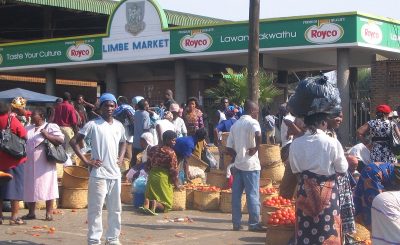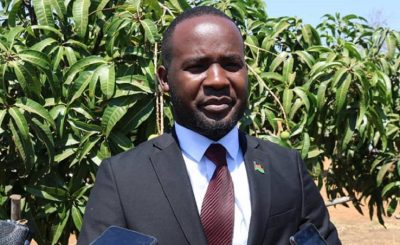The Reserve Bank of Malawi (RBM) says the country is registering remarkable progress in identifying counterfeit and mutilated currency.
The observation has been made in Dowa during a long-day joint currency awareness workshop with Malawi Police Service (MPS) and community leaders which RBM organised.
According to the Central Bank`s Director of Currency Management Muopeni Ngwalo, unlike in the past, most people are now able to identify and differentiate between genuine and counterfeit currencies.
He said: “We are doing very well because if you look at the number of people that are now able to identify genuine currency, you will notice that many people are able to tell you the difference between a genuine currency and a fake currency.
“This is a sign that people are now able to differentiate the two. So, if you just do try to find out from one or one or two people try to ask them, they will tell you that these are the security features of the genuine currency.”
Speaking on behalf of Traditional Authority (T/A) Msakambewa, Christopher Mndazi said the meeting has enlightened the community leaders and that the message discussed will be relayed to the masses.
“This meeting is really helping, and I will make sure that we discuss this issue as traditional leaders so that we civic educate the masses on how best we can go about it,” Mndazi said.
Off recent, MPS has been arresting people suspected transacting in counterfeit currency across the country.
On its part, Dowa Police Station through its operations officer assistant superintendent Gilbert Chitsamvu has assured the Central Bank that the law enforcement agency will carry through the message through awareness.
“As police we will take it on board probably by making programmes with the community policing office which will go out there in the villages and communities around to let the common person the common man to know that the money like K20, K50 still has value,” he said.
The workshop saw a participation of representatives from the clergy, traditional leaders, traditional healers, police, journalists and market leaders.




